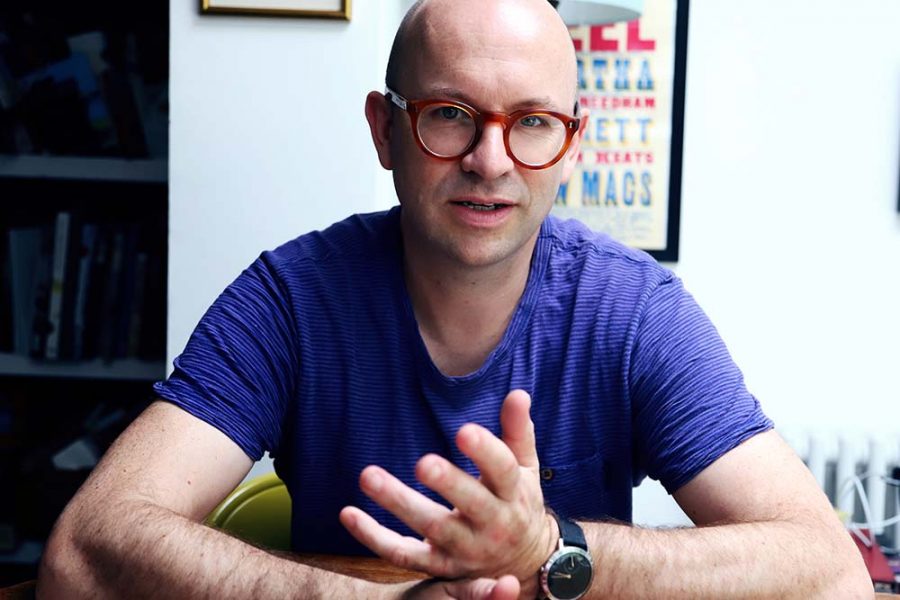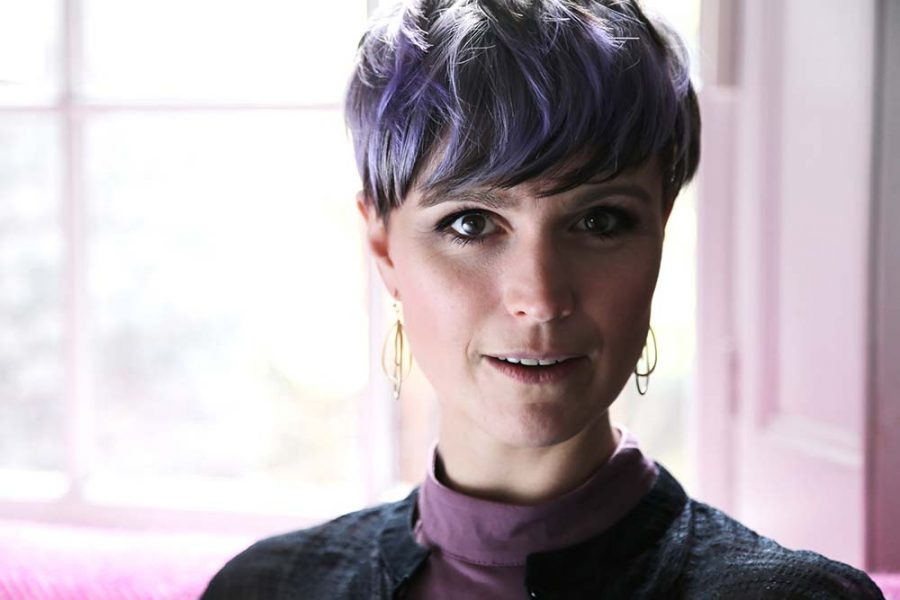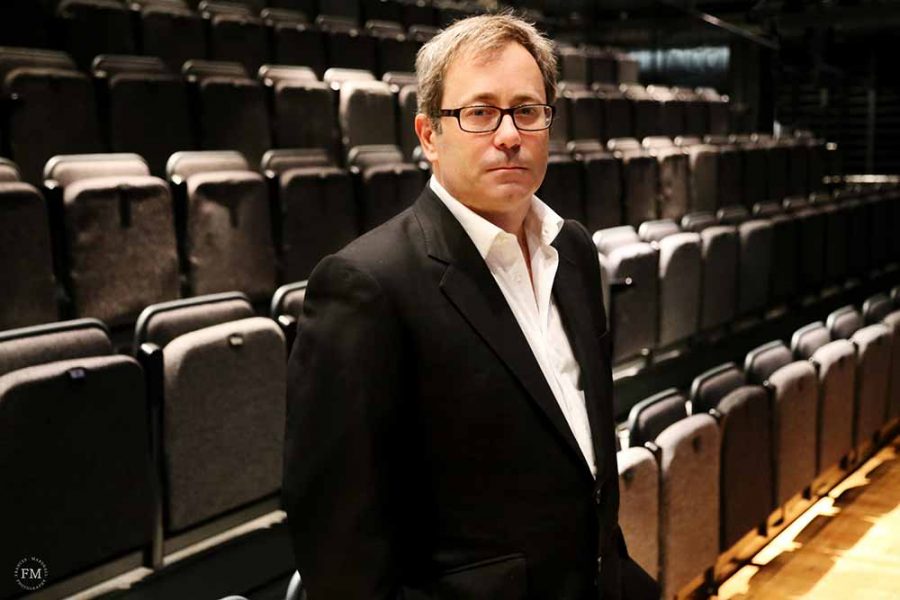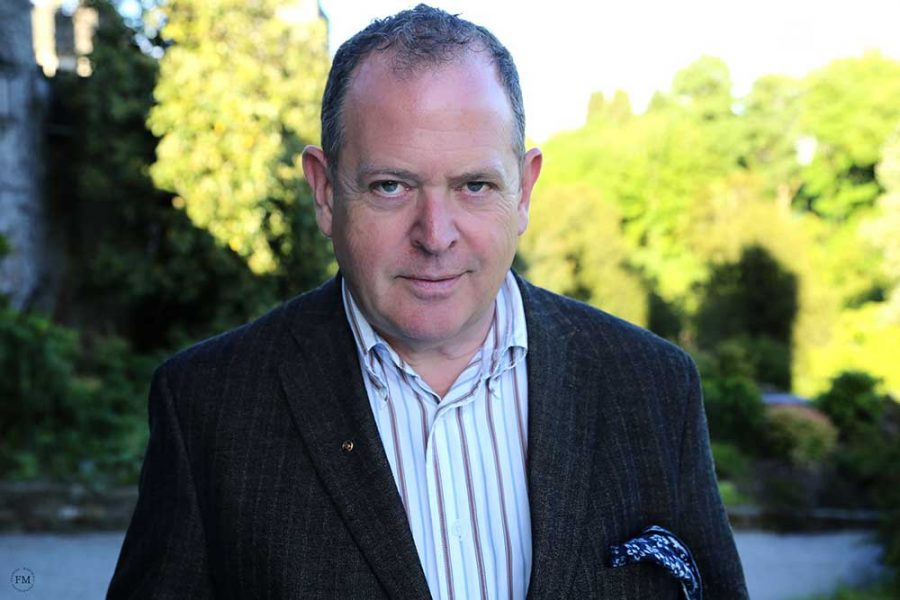Operatic Legacies with Polly Graham

June 2019
Interview and photos by
Frances Marshall
Share this article
Polly Graham had a very different childhood to most professional artists. Growing up backstage at Longborough Festival Opera, a company run by her parents, Graham has been marinating in opera productions for the majority of her life.
Now an established director, Final Note Magazine met with this ‘revelatory’ artist to discuss her unique upbringing, tips for aspiring directors and the secrets to building a loyal audience.
My focus was always on the overview of the production and not my role. I had a restlessness to activate things..."

Tell us about your childhood.
Music was abnormally present in our lives and my parents had concerts in our house all the time. My dad insisted on making our house a place for everyone and his passion for classical music rubbed off on all of us. We’re all obsessed with performance and we all have professional careers in the arts. Our music education was informal and immersive, which meant that we loved it – to me opera is a very holistic art form. I’m very passionate about creating that environment for children so that they grow up to really love the arts and feel part of that world.
Where did your journey into directing begin?
As a child I had lots of very positive experiences that were centered around performance. So I decided to study English at Trinity College, Dublin. The drama department was phenomenal, but being a director was profoundly a boy’s job and it didn’t even occur to me that I could pursue it. This is why it’s so important to see people who look like you in leadership roles. Not all of us can imagine ourselves into spaces that we don’t know exist.
The catalyst for me happened when a group of friends put on a play that nobody wanted to direct, so I just did it and I loved it! Up until that moment I was working and training as an actor and I could never put into words what was missing for me. My focus was always on the overview of the production and not my role. I had a restlessness to activate things, but as an actor you need to do what you’re told.
Did you have a moment where you believed you could do it?
I started getting assisting jobs, which is such a great way to get into the career, and I got accepted to RADA. I then got pregnant in the middle of the course and I panicked. I decided to apply for a teacher training course and got accepted – I felt it was a safer option. But my mother-in-law, who’s amazing, said ‘I thought you wanted to be a director’. She warned me not to take the teaching placement, that I’d regret it forever, so I didn’t. She was right and I owe her a lot.
When I had my son, it was very galvanising for me. Before that I was timid and found it difficult to sell myself, I found it shameful and embarrassing. Becoming a mum really lit a fire under me and I evolved into an extremely proactive person and I had no problem being able to approach people. There was a big shift in me and my confidence soared, along with my determination.
For me, becoming a mum was the start of my career. There’s no messing around when you’re responsible for other people, you have to work and provide. The cost of me working abroad on a production for six weeks is so much higher now because I’m away from my incredible family – I need to make it count. Many working mums talk about being in a permanent state of guilt and that definitely applies to me – I wish I could shake it, but apparently it’s normal. I’m constantly evaluating the job and my choice to keep directing because it doesn’t make for easy family life, but I love what I do. Being a mum ups my game completely.
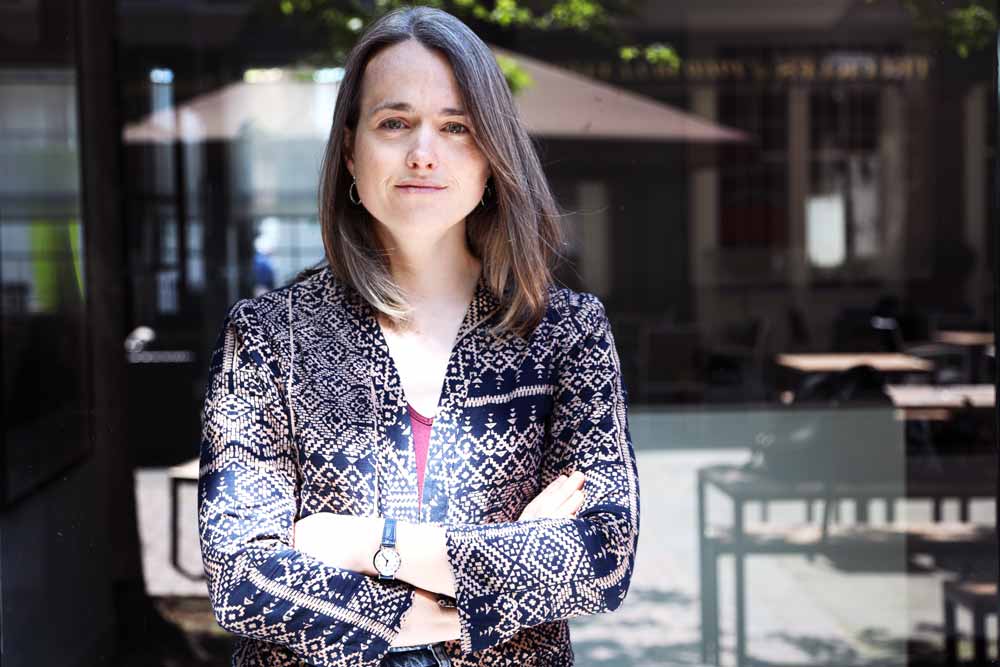


Nothing about the process was alien to me, a warbling voice wasn’t intimidating and a foreign language wasn’t inaccessible. I just absorbed it all with no filter."

You’re very involved in your parents company Longborough Festival Opera, what were the main catalysts that transformed it into a national operatic event?
My dad started everything and my mum made it happen. My dad is incredible and limitless in his thinking – before Longborough he was flying hot air balloons around Europe. He has a very unsophisticated relationship with music – it was unfiltered, direct and visceral. He started converting our barn into a theatre and Mum knew a lot about theatre, so she was invaluable to the process.
They decided to focus on Wagner, which was a brilliant choice as the fanbase is so loyal and people travel from all over the world to see his works being performed. We always hired professional musicians because you can’t compromise on performance quality if you want to grow. We now have an admin team of seven, a PR company and secured external fundraisers, which all allow us to achieve what we need within our timeframes. There was no magic moment, it was just a matter of putting one foot in front of the other and reminding ourselves to keep dreaming bigger.
What are you looking forward to this season?
I’m looking forward to all of it, but it will be great to see Ivan Ludlow play Don Giovanni – it’s a hard role to cast and I think we’ve nailed it with him. I’m also really excited about La Calisto. We’ve commissioned a new arrangement of the opera for accordion, clarinet, harpsichord, double bass, bass guitar and percussion. Mathilde López directs our Young Artists. She is a wonderfully bold artist and the young singers always have so much to give as singers and actors. It will be exciting.
The festival has a great education program, what’s your approach to music education in general?
It was amazing to have all of this around us as we were growing up, I was constantly following stage managers around and opera was presented to me as immersive. I know now how rare that is for a child to say, so I want to change that. Nothing about the process was alien to me, a warbling voice wasn’t intimidating and a foreign language wasn’t inaccessible. I just absorbed it all with no filter. When young people are exposed to how an opera is put together then you understand it in a completely different way.
I’m very influenced by the writings of Alex Ross and I’m passionate about the historical social influences on music. I really have a problem when music is taught in isolation because I love discovering the interceptions with art, politics and philosophy. Many students obsess over technique, but the context is just as important.
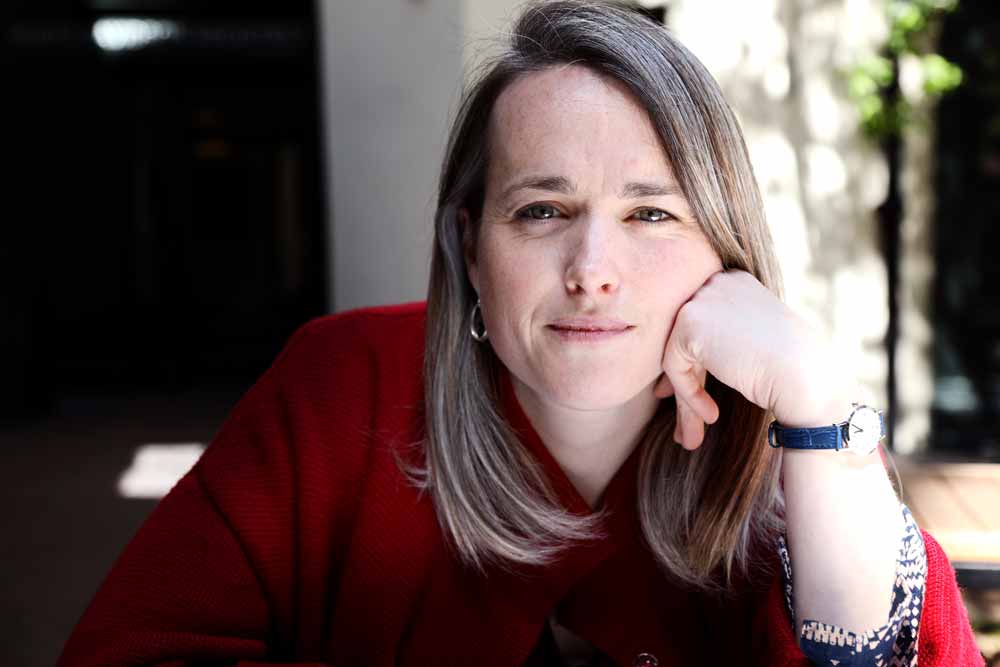


Every artist needs some sort of structure, but does formal music training sometimes ruin the creative potential in children?
Personally I regret I didn’t take my music learning at school more seriously, but perhaps it’s hard to be completely satisfied. Too informal and you have no structure, and too formal you have limited creative potential. It’s so important to fall in love with what you do first and then look at the tools you need. Being a director, you need to be a very fast score reader and that was a bit of a challenge at the beginning, but I’m fine now.
How did you build your loyal audience?
Besides directing, that’s now my main role at Longborough. Seeing your audience in a binary way is a big mistake. You can’t think of one group as innovative and the other as traditional, there’s so much crossover. My job is to give the audience what they want along with something that they may not have heard before, so I have to work out what that is. Wagner is a great inspiration in this area, he was first and foremost an innovator.
Our audience are fantastic and they make a big effort to be with us, so we have a strong focus on developing their experience while they’re here. We are working on improving accessibility, and are beginning to collaborate more with other local arts companies. Theatre cannot exist in a vacuum and our audience makes us who we are.
What’s your advice to upcoming directors?
It sounds extremely cliché, but you cannot take no for an answer. If a wall goes up you have to work out a way to get around it. The reality about being a professional director is that most of the work goes into securing the job, the rehearsal room is the easy bit. When you’re starting out you have to do absolutely everything, you need every bit of experience working with different companies, personalities etc. It will make you stronger.
Finding ways to sustain your own practice is really important, and remembering to invite people to see your work is key. I am still awful at that. I don’t think it’s beneficial to compare yourself to other people as it’s such a personal journey.
The reality about being a professional director is that most of the work goes into securing the job, the rehearsal room is the easy bit."

To find out more about Polly Graham see: www.pollygraham.com
For more details about Longborough Festival Opera: lfo.org.uk
All images displayed in this article are subject to copyright.
Share this article


